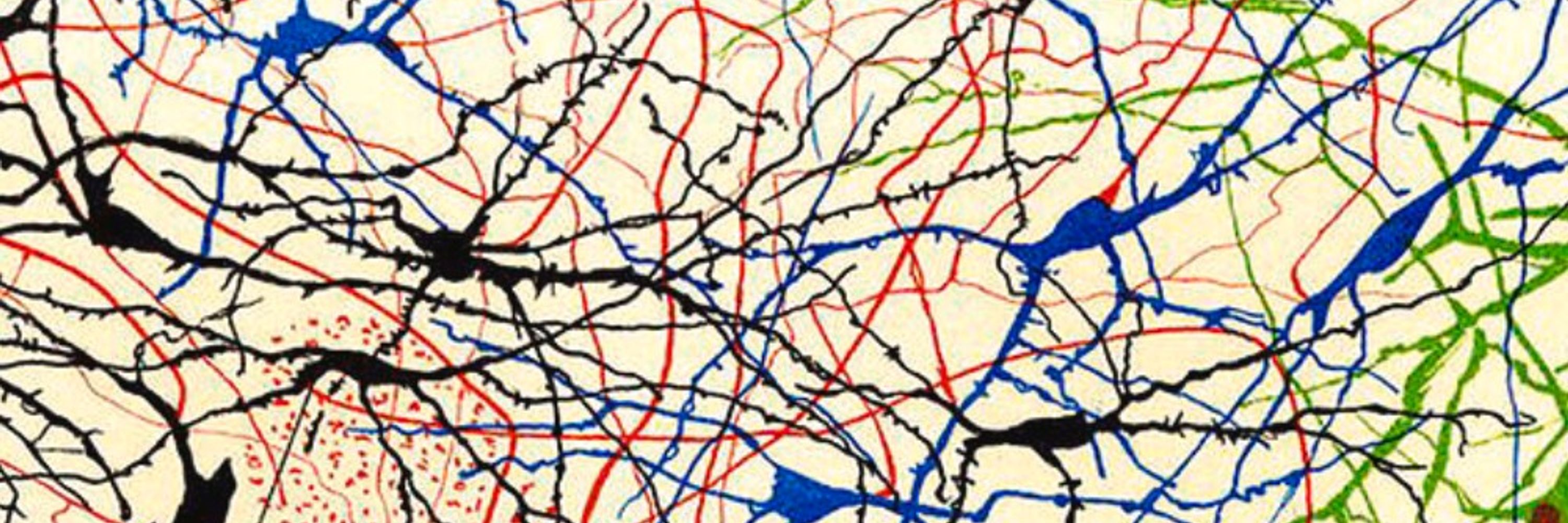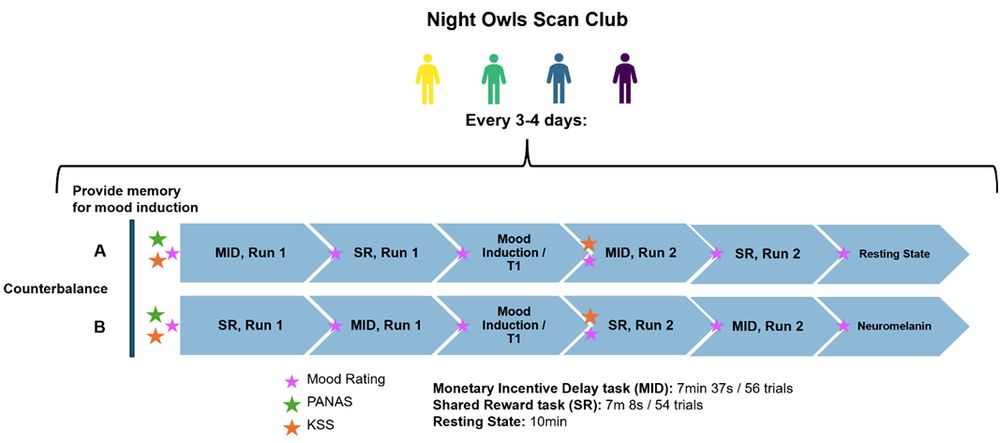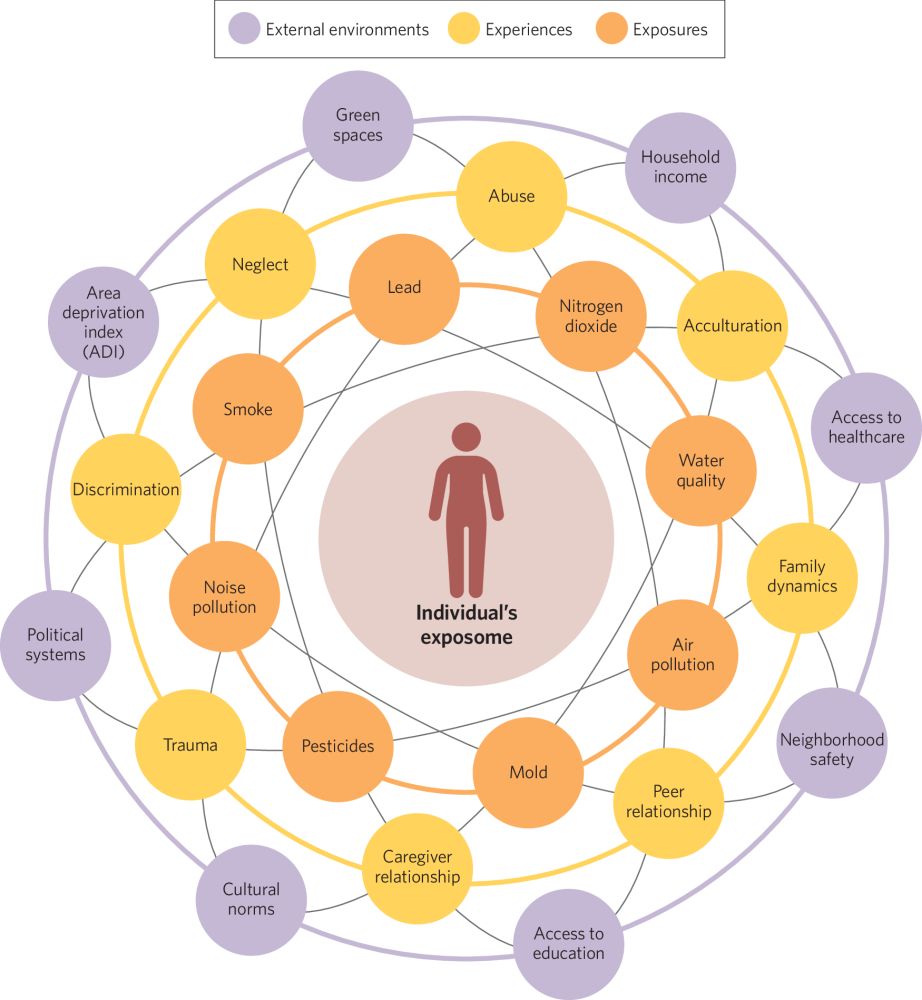Matt Mattoni
@mattmattoni.bsky.social
430 followers
340 following
69 posts
Temple Clinical Psychology PhD Student 🦉 | Heterogeneity in Brain Networks & Psychopathology | First Gen | NRSA F31 Fellow
Posts
Media
Videos
Starter Packs
Reposted by Matt Mattoni
Reposted by Matt Mattoni
Matt Mattoni
@mattmattoni.bsky.social
· Sep 4
Matt Mattoni
@mattmattoni.bsky.social
· Aug 13
Matt Mattoni
@mattmattoni.bsky.social
· Aug 8
Reposted by Matt Mattoni












